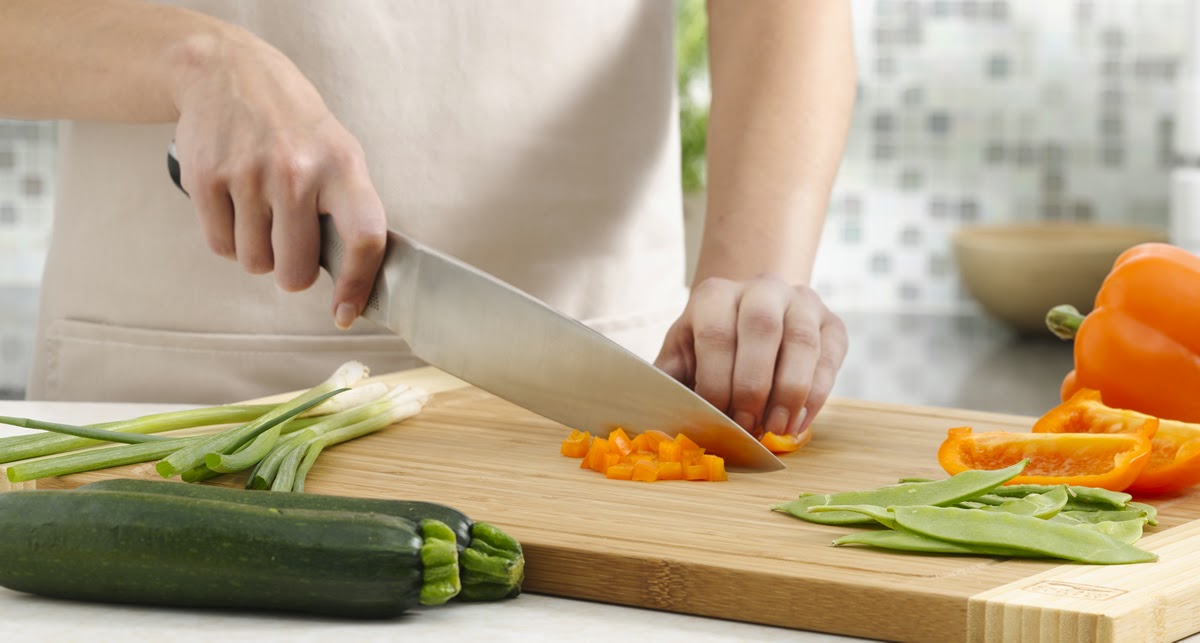Have you ever experienced that
infuriating feeling when you realize that your plastic buckets, tubs or other
containers have been stained with rust? The infuriation heightens when you come
to know that your usual house cleaners are unable to get out these reddish
brown stains from your plastic containers.
This rust may be a result of some
plumbing issue, source of water and condition of water pipes. Whatever the
reason might be the fact remains that common soap and water are unable to break
these rust particles and remove them.
Therefore, to treat these stains, we
provide you with specialized home remedies which are put together, keeping in
context with the chemical nature of these iron oxide particles aka rust stains.
Follow the directions given below and hopefully you will end up with a clean
and stain free plastic surface.
Method One (Using White Vinegar)
The following method makes use of
white vinegar for the removal of rust stains from plastic surfaces. The acetic
acid present inside vinegar reacts with the iron oxide present in rust and thus
prompts it to come off, eventually leading to effective stain removal.
Things that you will
require:
·
2
clean cloths/ rags
·
A
bucket
·
Sponge
·
White
vinegar
·
Rubber
gloves
·
Old
tooth brush
Steps that you need to take:
1.
First of all you need to take a bucket and
fill it up with white vinegar.
2.
Next,
take hold of a clean rag or sponge and dip it in the bucket filled with
vinegar.
3.
Allow
the cloth or sponge to completely soak in vinegar and leave it lying there for
almost half an hour.
4.
Once
this time span is over, take out this vinegar-soaked cloth/ sponge. You can
wring or squeeze it to remove excess moisture.
5.
After
squeezing out all the excess vinegar, place this vinegar soaked cloth onto the
rust stained area.
6.
For
effective application, leave it lying on the stained area for almost half an
hour.
7.
Afterwards,
start rubbing the stain with this very cloth.
8.
You
can also consider using an old tooth brush to work onto the stain if it is
stubborn and set in deeply. Moreover, for persistent stains, you can repeat
this process of soaking the cloth in vinegar and placing it on the stained
area.
9.
Once,
you are sure that the stain has gone satisfactorily, rinse it with clean water
and allow the plastic surface to air dry.
Tip:
Placing the stained plastic container
in a well- ventilated area before embarking upon the cleaning process is a good
option. This is done so that the strong odor of white vinegar gets dispersed.
Method Two (Using Rhubarb Leaves)
Rhubarb leaves are said to contain
oxalic acid and oxalic acid is known to be pretty helpful when it comes to the
removal of rust stains from plastic. Follow the steps below for a successful
removal of rust stains.
Things that you will require:
·
Rhubarb
leaves
·
Water
·
stove
·
Tooth
brush
·
Clean
cloth
Steps that you need to take:
1.
Primarily
you need to get hold of rhubarb leaves. Next, you need to boil these leaves in
water so that their essence comes out into water. In other words this water
will now be containing oxalic acid.
2.
Now,
either you can soak a cloth in this water and use it to clean the rust stain
or pour this solution in the stained
plastic container, and then work onto it with the help of a tooth brush.
3.
In
any of the either cases, keep scrubbing the stain until it disappears.
4.
Finally,
rinse the stain with cold water and allow it to air dry.
Warnings
·
Oxalic
acid is dangerous so don’t forget to wear protective glasses and gloves, while
handling this acid water.
·
Phosphoric
acid can also be resorted to in intense situations; however there is a great
probability that this acid would cause the rust stain to go black; therefore
sticking with acetic acid (vinegar) and citric acid (lemon) is a safer option.
·
Muriatic
acid can also yield positive results when it comes to rust stain removal.








